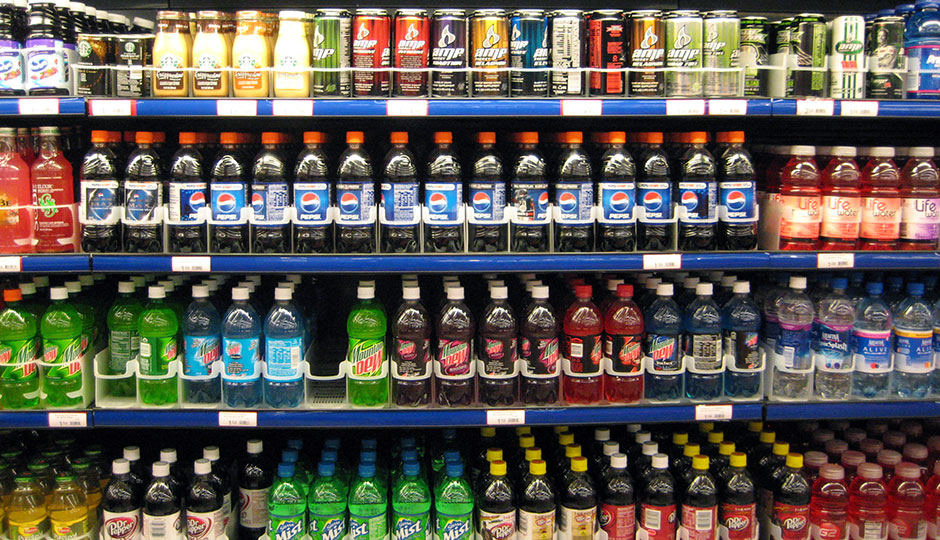Stop Using the Poor to Justify Your Hatred of the Soda Tax
For reasons that I’ll get into later in this column, I don’t eat a lot of pie. But over the Fourth of July weekend, I had a slice of sweet potato pie from ShopRite, and it was pretty decent.
Grocery store entrepreneur Jeff Brown owns a chain of ShopRite and Fresh Grocer stores in places throughout Philly mostly populated by people of color — places that were once designated as “food deserts.”
He’s also one of the leaders in the movement to repeal the city’s sweetened beverage tax. When you walk into any of his stores, a section filled with drinks not covered by the tax — complete with the largest sign in the world hanging overhead announcing their levy-free status — practically grabs you by the throat.
When I talked with him about it on a mutual friend’s Facebook page, Brown told me the tax needed to be abolished because it was costing jobs. My response was that it needed to stay because, as a former teacher for the School District of Philadelphia, I saw how badly kids in our city need pre-K.
Then Brown broke out the “this tax hurts poor people” talking point that tax opponents have been using, and I got angry.
Don’t get me wrong. I know that when you’re trying to feed your family and you don’t have a lot of money to work with, every cent counts. I also understand that kids don’t understand poor; they understand, “My friends all have sodas! Why can’t I?”
But let’s keep it real. You’re going to have a really tough time convincing me that folks in low-income neighborhoods need cheaper soft drinks more than they need community schools, quality pre-K, rec centers or better health outcomes.
I don’t believe you. You need more people.
I say this because I have questions that I can’t seem to get straight answers to. Like, for example, where did you get the numbers to justify laying people off when this tax wasn’t even one month old? (And I mean independent numbers, not numbers you got from City Controller Alan Butkovitz, a vocal opponent of the tax.)
What are you going to do to replace the sweetened beverage tax money? And no, vague promises about the fact that you’re “always willing to help” isn’t good enough, Brown.
And I’d especially like an answer to my favorite question: Have any of you asked the poor that you say you’re advocating for what they really want or need?
Because one of the things that’s really starting to bug me is hearing people who are truly advocates for the poor, people who have gone into communities and helped people get what they need to survive, parrot the “this hurts the poor” line when it comes to this tax.
I’m on the 23 bus a lot. Since it literally goes through a cross section of Philadelphia, I get the chance to take a look at several low-income neighborhoods.
What I see tells me that the last thing that concerns them is the price of Pepsi.
I see dialysis centers. I see amputees in wheelchairs waiting for the bus. I see people helping family members blinded by diabetes get around. I see people dealing with the ravages of a disease that they can’t afford to treat effectively.
And instead of advocating for recreation centers that would allow them to exercise to keep their blood sugar down, community schools that would let them volunteer with their kids, or, better yet, discounted vegetables, fruits and lean meats to stave off the complications of diabetes, you want to give them cheaper soda?
Yeah. Okay.
As a diabetic myself (which is why I don’t eat much pie), that angers me more than a little bit because it says that profit counts more than people in this case, something I find unacceptable.
Especially since much of it is coming from people who ought to know better.
What low-income communities really need is for you to remember that.
Denise Clay has been a journalist for more than 25 years, covering politics, education, and everything in between. Her work regularly appears in the Philadelphia Sunday Sun and the Philadelphia Public Record, and has also appeared on the BBC, XO Jane, and Time.com.



